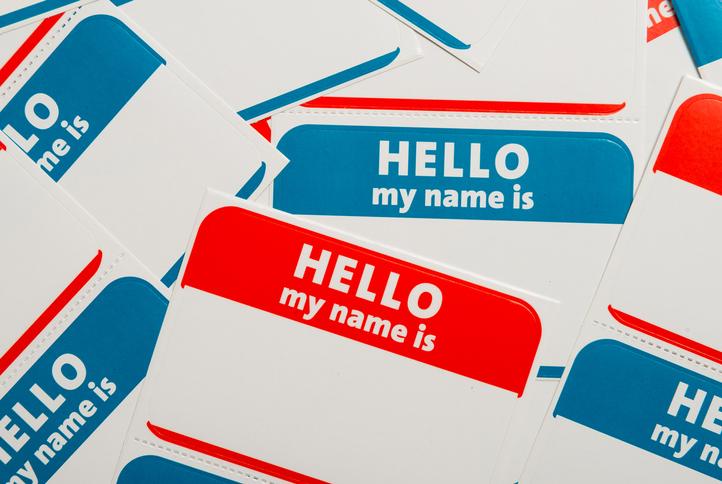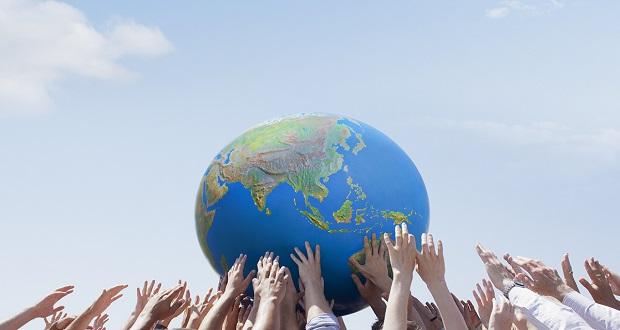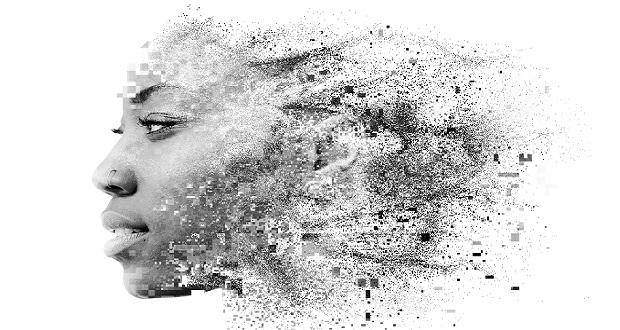
Last week, I opened this series with a reminder that self-care is not just an option, it’s a necessity. In order to remain whole and present in our work and in our relationships, we have to give ourselves space to breathe and make a practice out of the things that bring us joy and peace. Easier said than done, right? Every day something happens in the news that has the potential to make us doubt the human capacity for empathy and compassion, so what do we do? We take the time to center ourselves in our own capacity for empathy and compassion, and we do so with intention and with hope that we can each make a difference by refusing to let the world diminish us.
Centering, or mindfulness, refers to a practice of getting into a state of relaxed but active focus on the present moment. We can practice centering or mindfulness either in brief moments or longer meditations. We can practice it through sitting and breathing or something more active like walking or stretching. For those of us who find meditation boring or uncomfortable, we can get creative with it. In general, having a practice around mindfulness has proven benefits to business, such as improving our ability to be creative on the job.
However, self-care is about more than being more creative and focused in our work. It’s about being a more creative, focused person in our lives and a more empathetic and compassionate person in the world. It’s about finding ways to understand ourselves outside of the ways that the world perceives us so that we can bring our full selves to the table every time. And ultimately, it’s about inclusion. In order to be more inclusive in the world, we have to find ways to be inclusive to all of who we are in each moment, and the only way to do that is to be present in the moment. Who am I in this moment? What am I feeling? Can I breathe through it? What can I be grateful for in this moment?
In my experience, having a mindfulness practice has allowed me to be more compassionate and empathetic towards myself. It has allowed me to stay centered and grounded in the moment, even when I feel that the world around me is chaos, or when I feel that I am falling short. This practice has allowed me to say, “Yes, this terrible thing just happened, and yes, I am a flawed human being, and perhaps I am even messing up right now, BUT in this moment, I am human. I am me. I am my breath. I am my heart beating. I am loved and have the capacity to love…. Okay, now let’s go.”
Okay, now let’s go. Being mindful, present, and inclusive to who we are in the moment prepares us for seeing others in their fullness. It prepares us to be more creative in finding solutions to the complex problems we face at work and beyond. We can only move forward once we’ve stood still. Stand still, breathe, see who you are in this moment, accept who you are in this moment, and walk.
We can only move forward once we’ve stood still. Stand still, breathe, see who you are in this moment, accept who you are in this moment, and walk. Share on XHere are some excellent centering practices from the Center for Contemplative Mind in Society:
- Count numbers, such as counting down from 10 to dissipate anger
- Repeat a word or phrase, such as a prayer or affirmation
- Smile and relaxing your body
- Go for a walk; get out into a different environment
- Stretch
- Close your eyes and breathe deeply
- Concentrate on breathing, such as breathing out for a count of 8 and in for a count of 4
- Count your breaths
- Doodle or write
- Carry or place near yourself a visual reminder to stay centered, such as a quote or image
- Use sound to bring yourself back to your center. Periodically ring a bell, chime, or other gentle reminder.
If you need some help starting out, a colleague introduced me to the Calm App, a smartphone app that provides daily meditations for stress-reduction and sleeping, and it can be very helpful for beginners in the self-care department. There are plenty of apps like it (Insight Timer is especially great for guided meditations), so find one that works for you! The Winters Group Principal Strategist Susan McCuistion will be sharing more about another method for centering and resilience called HeartMath in an upcoming post in the series, so stay tuned for more.
What helps you stay centered? #SelfCare Share on X

















